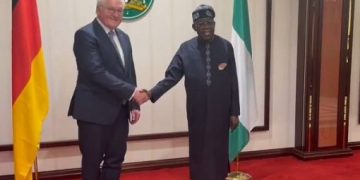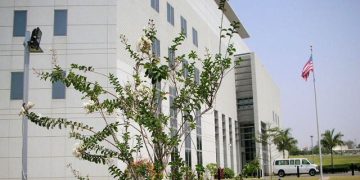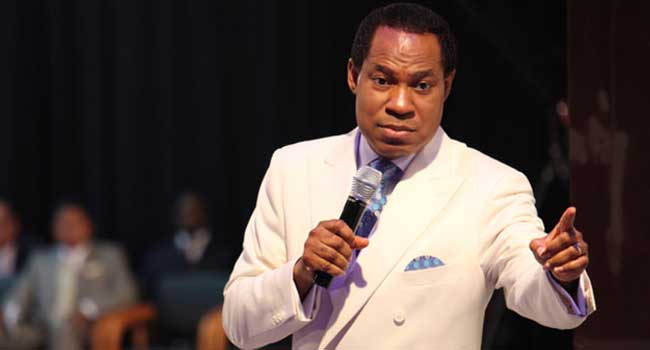The United Kingdom’s communications regulator, Ofcom, has sanctioned LoveWorld Television Ministry, a Christian network founded by Chris Oyakhilome, for airing what was described as “potentially harmful statements” about the COVID-19 pandemic.
The regulator in a statement released on Monday, programmes aired in early April by Oyakhilome’s LoveWorld propagated a conspiracy that the virus is linked to the Fifth Generation phone networks (5G) while also making insinuations of a “global coverup.”
READ ALSO: FG Queries Permanent Secretary Over Alleged Financial Misconduct
In footage of sermons circulated on social media during the pandemic, Oyakhilome was shown criticising lockdown measures and playing down the value of a vaccine.
The statement from Ofcom said:
LoveWorld News featured potentially harmful statements about the coronavirus pandemic and adequate protection was not provided to viewers.
We have imposed a sanction on the broadcaster, requiring it to broadcast statements of our findings. We are considering whether to impose any further sanction.
The full statement reads:
Ofcom has today imposed a sanction on the licensee Loveworld Limited, which broadcasts the religious television channel Loveworld, after a news programme and a live sermon included potentially harmful claims about causes of, and treatments for, Covid-19.
Our investigation found that a report on Loveworld News included unsubstantiated claims that 5G was the cause of the pandemic, and that this was the subject of a “global cover-up”. Another report during the programme presented hydroxychloroquine as a “cure” for Covid-19, without acknowledging that its effectiveness and safety as a treatment was clinically unproven, or making clear that it has potentially serious side effects.
A sermon broadcast on Your Loveworld also included unsubstantiated claims linking the pandemic to 5G technology; as well as claims which cast serious doubt on the necessity for lockdown measures and the motives behind official health advice on Covid-19, including in relation to vaccination. These views were presented as facts without evidence or challenge.
Ofcom stresses that there is no prohibition on broadcasting controversial views which diverge from, or challenge, official authorities on public health information. However, given the unsubstantiated claims in both these programmes were not sufficiently put into context, they risked undermining viewers’ trust in official health advice, with potentially serious consequences for public health.
Given these serious failings, we concluded that Loveworld Limited did not adequately protect viewers from the potentially harmful content in the news programme and the sermon, and the news reports were not duly accurate. We have directed Loveworld Limited to broadcast statements of our findings and are now considering whether to impose any further sanction.

















